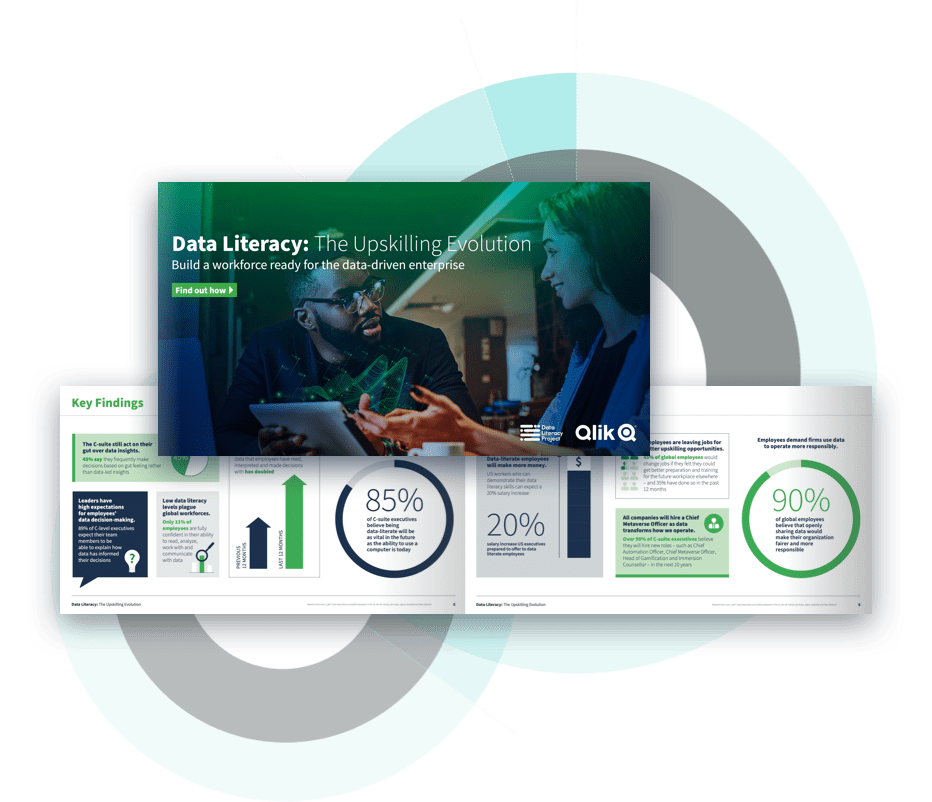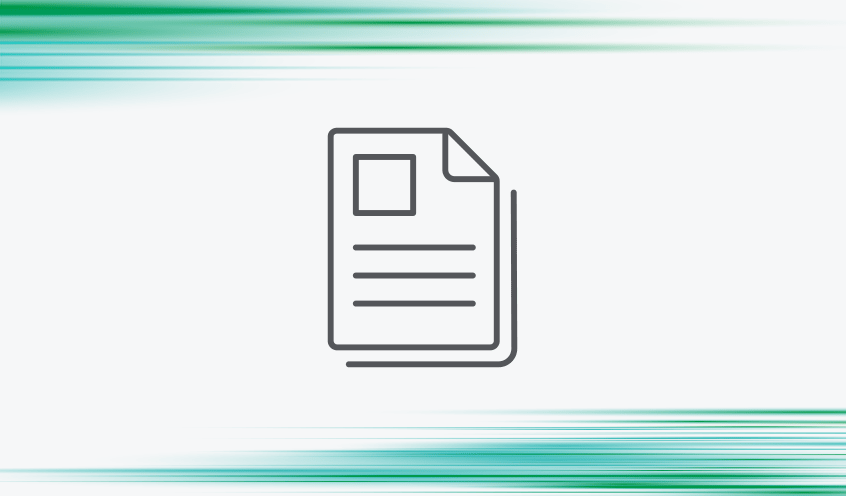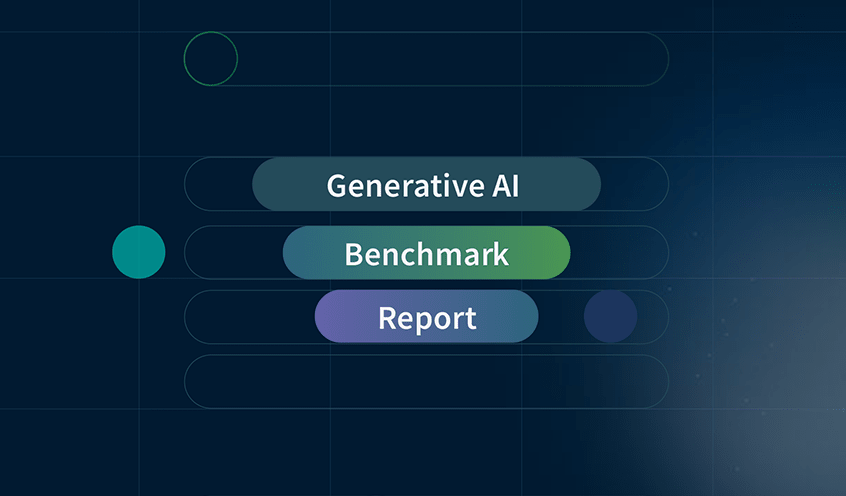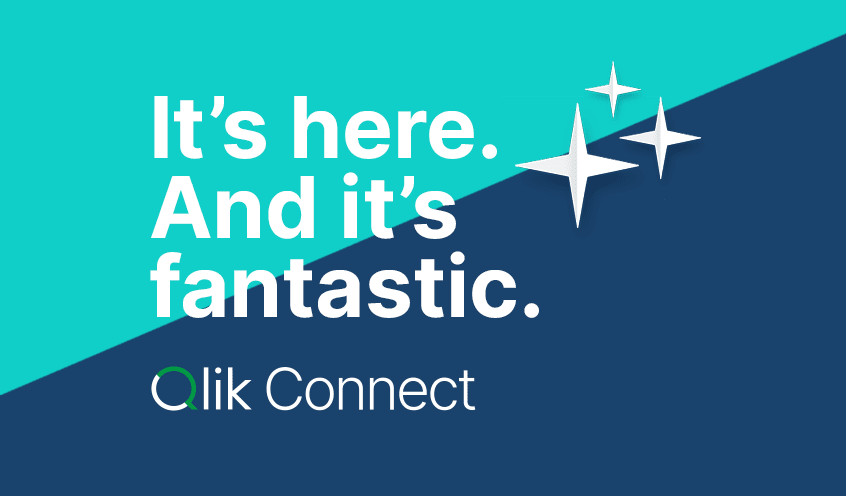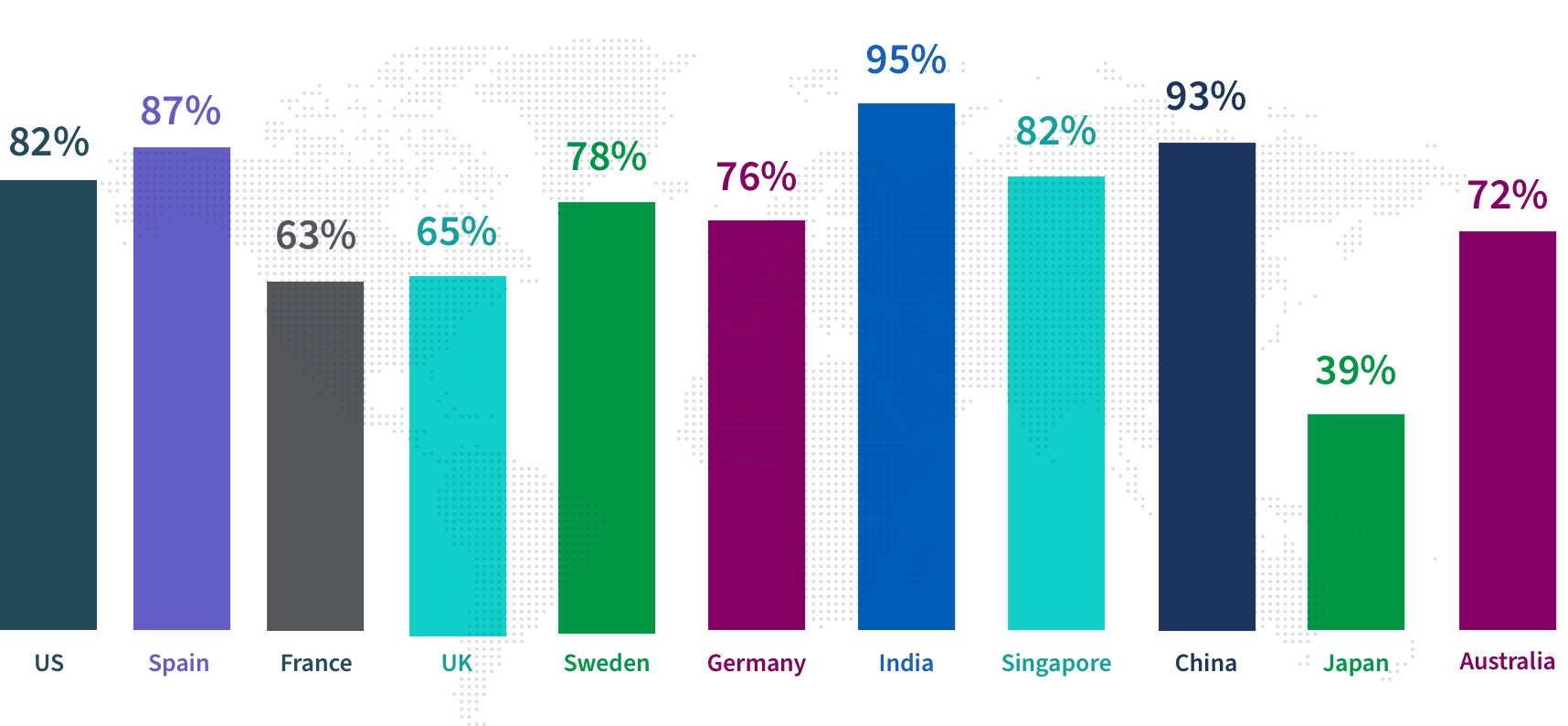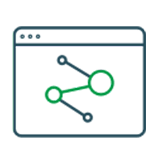“Large enterprises with strong corporate data literacy have shown up to 5% higher enterprise value — $320 - $534 million.”
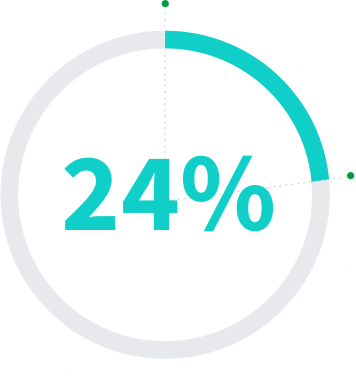
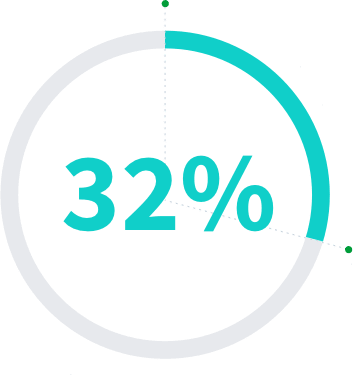
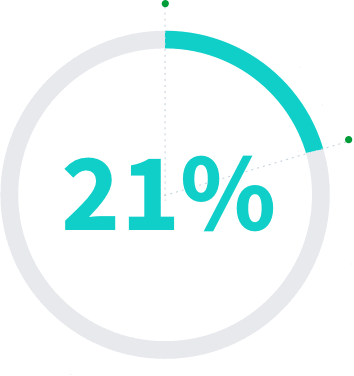
Data Literacy: The Upskilling Evolution
Based on insights from influential industry experts and a global survey of over 1,200 executives and 6,000 employees, our latest data literacy study found that the data literacy crisis shows no sign of slowing down as the gap between expectation and reality continues to widen. Revealing the pressures on organizations and individual employees as we continue to move toward a data-oriented and automated workplace, the study helps you understand the upskilling requirements needed to take full advantage of data – now and in the future.
